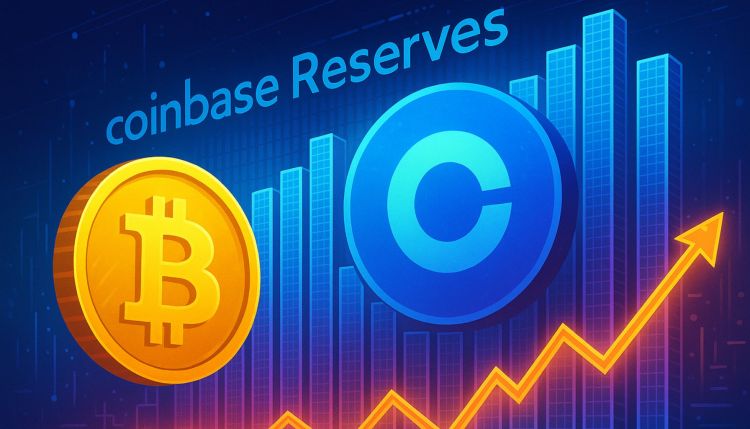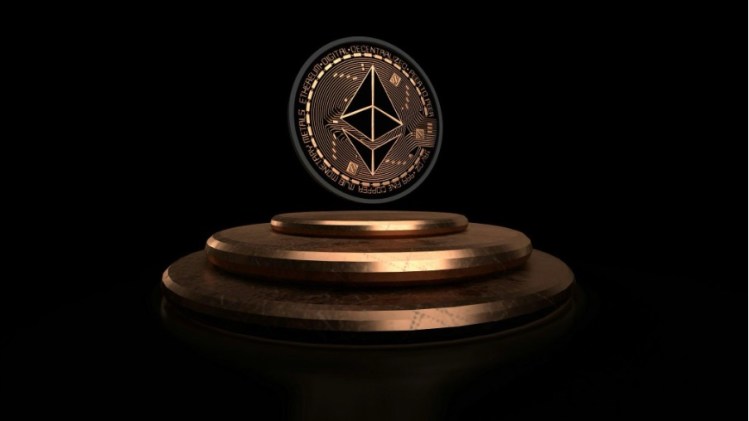Reason to trust

How Our News is Made
Strict editorial policy that focuses on accuracy, relevance, and impartiality
Ad discliamer
Morbi pretium leo et nisl aliquam mollis. Quisque arcu lorem, ultricies quis pellentesque nec, ullamcorper eu odio.
Decentralized exchanges (DEXs) have been able to clinch a large market share from centralized exchanges (CEXs), especially with the creation of more than 20,000 tokens, all with varying degrees of liquidity. However, one area where DEXs is still lacking is in the margin trading domain. Where centralized exchanges command more than $200 billion in margin trading volume daily, DEXs fall short with only a tiny fraction of this volume.
EasyFi, a universal Layer 2 multi-chain lending protocol, is taking steps to add value to the DeFi space via their protocol. It has announced a new product called “Electric”, that allows DeFi users to be able to carry out margin trades outside the confines of a centralized exchange using its lending protocol.
Extending the Lending Strategy
“Electric” is only the latest in EasyFi’s vision of getting DeFi users to #DoMoreWithDeFi. The launch of Electric brings to fore the next step in their lending strategy.
This will allow users to obtain short-term loans and use them to carry out margin trading activities. All of this happens on publicly sourced liquidity that is available on different automated market makers (AMMs). Electric users will be able to trade with the most liquid decentralized exchanges and AMMs through collaborations that are being explored by the EasyFi team.
Lenders of the liquidity pools can invest smartly by being provided a calculated risk-reward ratio. Since dedicated pools are created for each asset pair, lenders are able to understand the risk-reward associated with each investment right from the start.
Perhaps the most important of these is the user interface of Electric. Like any decentralized finance protocol, ease of use is important to give users a seamless experience. Electric is designed with the same simple, intuitive, and user-friendly interfaces that have come to be associated with EasyFi products.
The Electric Litepaper has also been published to showcase the idea, motivation & concept behind Electric, its workings, a step-by-step guide & some core concepts within EasyFi’s new product for MarginTrading on DEXs.
What To Expect
Electric carries a lot of promise for the decentralized finance space. To this end, the EasyFi team has outlined some things that users can expect from the product.
Diverse Trading Pairs
One avenue that centralized exchanges continue to dominate is the diverse range of trading pairs that traders are able to choose from. Electric is expected to have different trading pairs that will be based on isolated and independent lending pools available to the traders. To begin with, the number of tokens to test on will be small, but as time goes on, these will be expanded and will include both volatile and stable assets.
Margin Markets/Interest
Traders who wish to take part in the margin trading markets will have to deposit collateral to Electric at first. Additionally, lenders can earn high yields when they deposit assets directly into the lending pools. They earn from the interest paid by leveraged traders, as well as other rewards which will be available only to lenders through exclusive programs.
Lending Pools On Multiple Chains
Electric will be a multi-chain margin trading product. It will start on Polygon first and then expand to other chains including BSC and other networks.
Community-Centered
Eventually, once Electric goes mainnet and EasyFi launches its DAO, the community will take charge of the decision-making – such as adding new lending collaterals, setting default interest rates, adding new margin trading pairs, and establishing risk parameters and more.
Getting Ready For Take-off
Electric has now been launched on the Polygon Mumbai Testnet. It has made a connection to the QuickSwap Testnet to provide a DEX integration to complete the trading process. This way, the community can test out the protocol before it launches on the mainnet. EasyFi also plans to partner with other DEXs to integrate them into Electric.
For now, community members can test out leveraged trading on the Electric testnet version starting with a test asset, xUSDC. Many other tokens and blockchains are planned to be added during the course of the testing period.

















